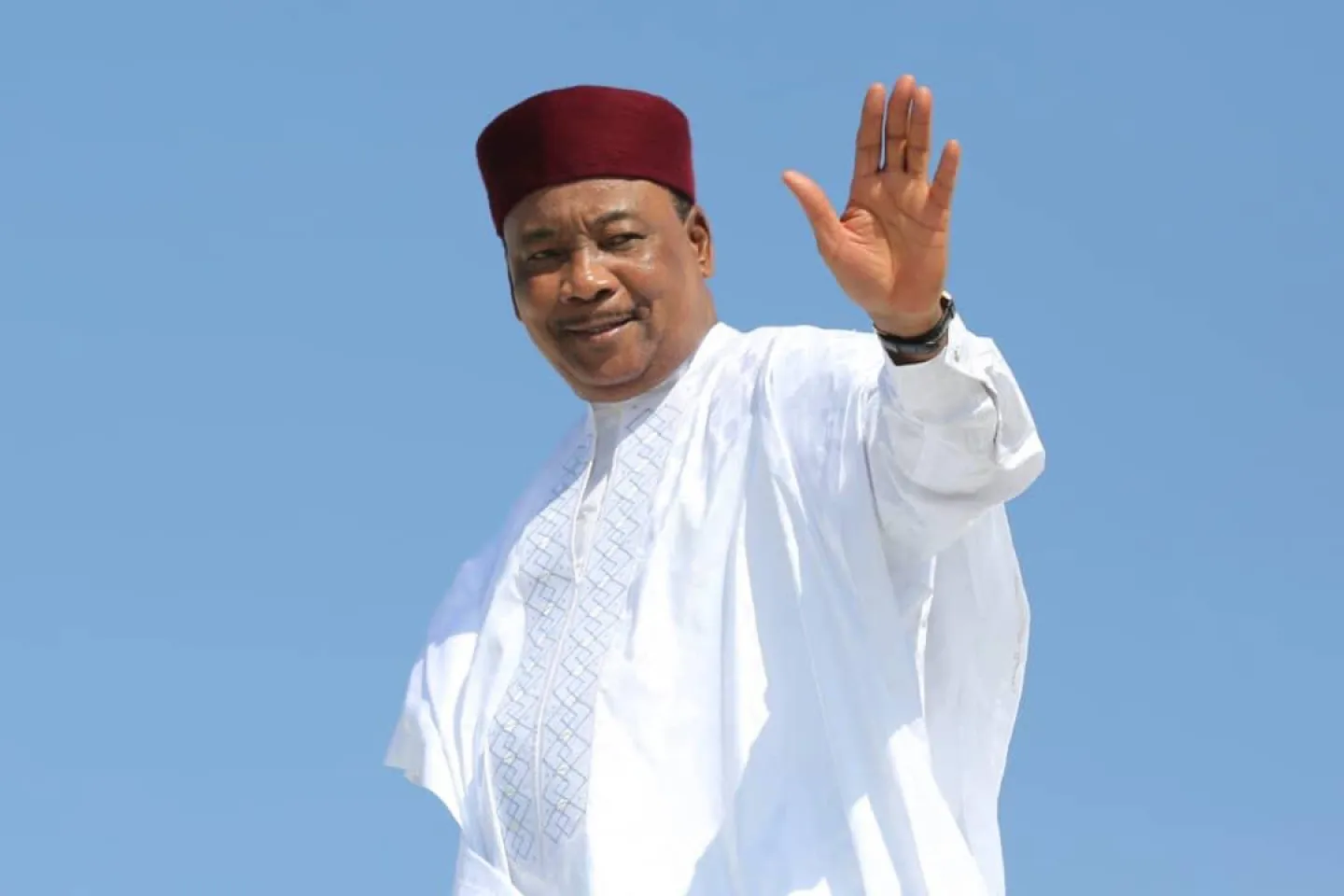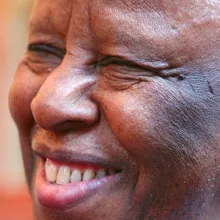President Mahamadou Issoufou
2020 Laureate



Citation & Achievements
The Prize Committee found that, confronted with unprecedented national and regional challenges, President Issoufou demonstrated exceptional leadership.
Throughout his time in office, he has kept Niger on a steady path of progress. The proportion of Nigeriens living below the poverty line has fallen to 40%, from 48% a decade ago. As a champion for the African Continental Free Trade Area, he helped to promote economic integration across the continent.
In the face of increasing violent extremism, President Issoufou proved his steadfast political will. He brought the voice of the Sahel to the UN Security Council as a non-permanent member, and played a leading role in strengthening regional and international cooperation around this fragile region.
Of course, challenges remain. Nevertheless, President Issoufou has laid firm foundations on which Niger can now build, while continuing to play vital roles in improving regional stability and strengthening economic integration.
Highlights – timeline
Choose a date from the timeline below for more detail



In the face of the most severe political and economic issues, including violent extremism and increasing desertification, President Mahamadou Issoufou has led his people on a path of progress.Festus Mogae, Chair of the Prize Committee
Life after National Office
Mahamadou Issoufou stepped down at the end of his two terms in office. In March 2021, it was announced that he was awarded the Ibrahim Prize for Achievement in African Leadership.

